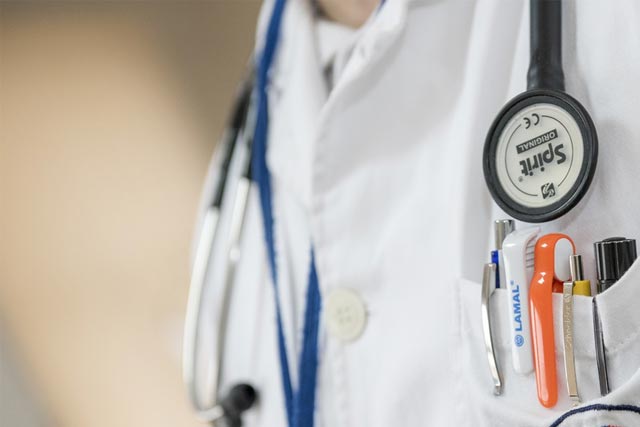Making a successful clinical diagnosis is one of the most significant things a medical student should learn. Moreover, it’s not as simple as coordinating a list of symptoms to a condition or disease.
When a doctor’s diagnosis error leads to incorrect treatment, deferred treatment, or no treatment at all, a patient’s condition can be worsened much, and they may even die. In this regard, patients have to seek assistance for an expert lawyer like Cleveland medical malpractice lawyer.
Tips for Effective Clinical Diagnosis
Some medical experts provide us with a list of hints and skills they regard most significant for making an effective clinical diagnosis.
1. Listen to the Presenting Complaint
This is both the beginning and the foundation of the diagnosis procedure. It’s the key reason(s) why the patient is looking for medical assistance. So, resist the temptation to jump in with your set of pre-practised inquiries, and listen. Sometimes this is straight-forward, yet sadly we people are mind-boggling creatures. We convey our very own set of remarkable expectations, driven by culture, taboos and individual eccentricities that can prompt cross-wires and an unfulfilled consultation. One major tip is that cancer is a huge concern and is often more lurking in the back of patients’ minds.
2. Listen to the Past Clinical History
The past can sometimes lead to the present. The patient may present with a break out of previous medical history or may endure a complexity of a past issue. For instance, a patient who has had previous bowel surgery can build up an intense bowel blockage because of adhesions delivered by the previous surgery. On the contrary, it can help by rejecting a possibility. A patient with right lower quadrant pain in the stomach area can’t have appendicitis if the appendix has just been removed.
3. Listen to the Medication History
As per the National Institute for Health and Care Institute (NICE), it is assessed that 6-7% of hospitals additions are because of the side-effects of drugs. As these are under-reported it’s probably going to be considerably more. This does exclude anticipated reactions from medicine or even the disappointed patients can experience because of errors in drug prescription. They can be a major source of suffering and to paraphrase a familiar adage, “Medications are poisons with the occasional benefits and side-effects”, so be careful and know.
4. Listen to the Carers
The carers will have important bits of knowledge into the patient’s problems and their behaviour. They’re fundamental with regards to specific presentations, for example, blackout, where a piece of evidence is essential, or if the patient has a poor memory for reasons, for example, mental illness or dementia.
5. Listen to Health Care Experts.
These can be nurses, health-care assistants, therapists, or any individual who has been in contact with your patient. Individuals differ in the way they report signs and side effects. Some overstate, some underplay their side effects and some get it without flaw. Lamentably, you don’t generally realize which camp they fall into. A health care professionals, and then again, should have the option to give you an impartial, precise record of any sign or manifestation to help as you continued looking for a diagnosis.
Conclusion
You will have concluded now what I accept is the most significant clinical skill. It is often said that diagnosis is 80% history and 20% examination.

